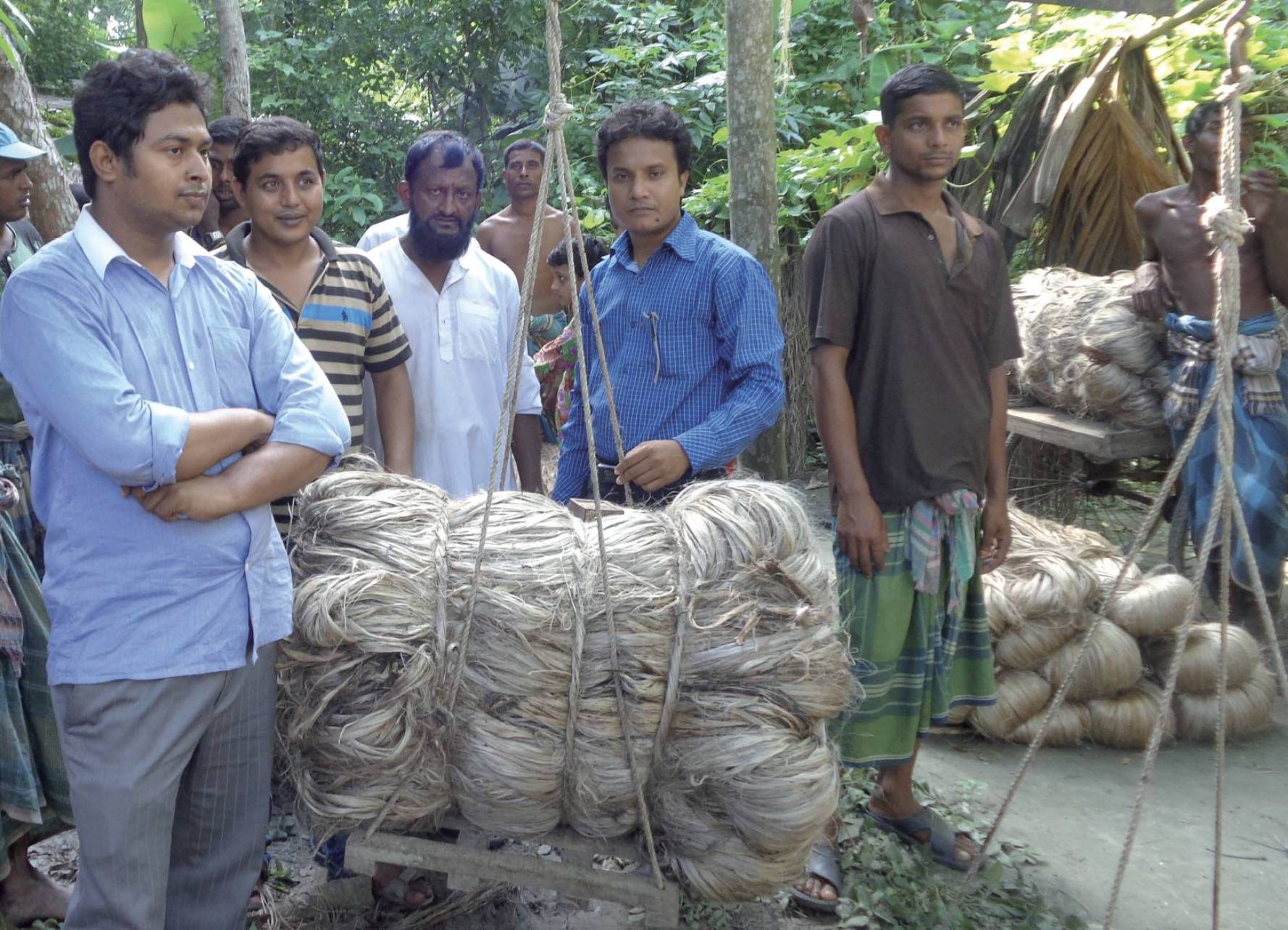
Dhaka, Bangladesh, July 2, 2018 – The SWITCH-Asia SCP Facility (SCPF) with the support of the European Union Delegation to Bangladesh, organized a day long National Multistakeholder Consultation on SCP priorities on July 2nd in Dhaka, Bangladesh. The dialogue set out to bring concerned stakeholders together from diverse audiences including key relevant ministries such as Environment and Industry as well as NGOs, UN system organisations and research institutions to facilitate discussion on the challenges faced. When working together, SWITCH-Asia aims to help stakeholders identify national priorities on SCP, determine what can be done to address those issues, and how the SWITCH Asia Facility can provide support to address the priorities, and also to discuss preliminary results of the Bangladesh assessment conducted by the SCPF.
This consultation was the first step to discuss and understand policies and practices related to SCP in Bangladesh, which sets the tone for larger consultations to be organized in the country in the following four years, with the next expected major dialogue to occur in the last quarter of the year or beginning of 2019.
Apart from the sectors proposed by the SCPF for conducting SCP work in Bangladesh, which included the textile sector, waste to income, energy efficiency in textiles, energy efficiency and sustainable public procurement, other areas of focus identified at the consultation included linkages between SCP and SDGs, agriculture and the re-rolling (metalwork) industry in Bangladesh. The consultation was highly appreciated by the participants as it provided them with a platform to learn about the different initiatives, policies and programmes being undertaken in the country by the diverse group of stakeholders represented at the dialogue. The participants highlighted the importance of the dialogue, in particular its timely organization and the need to undertake more dialogues, both general and thematically-focused, with specific attention to related industries and value chains as well as increased, active involvement of the private sector.


